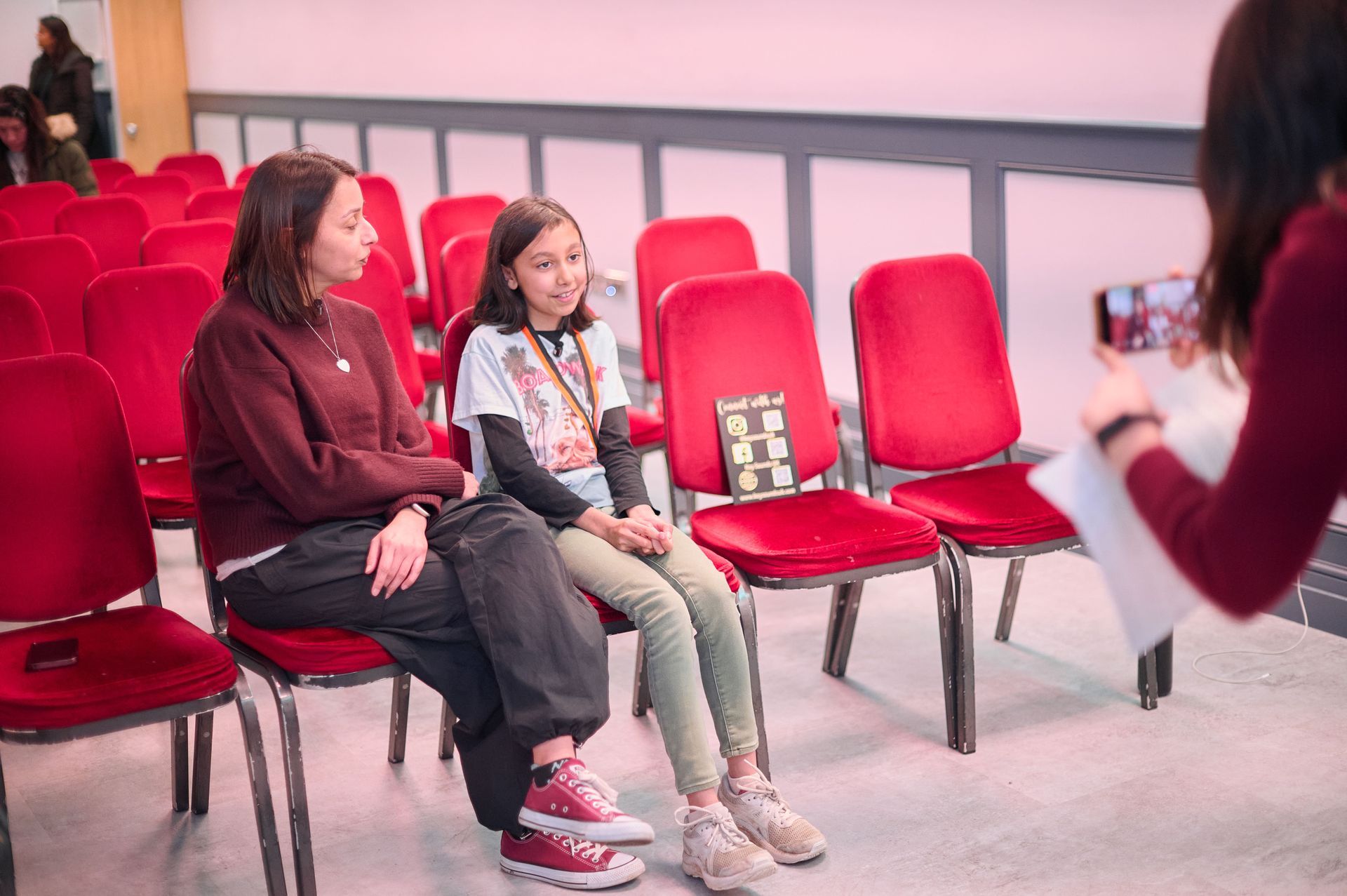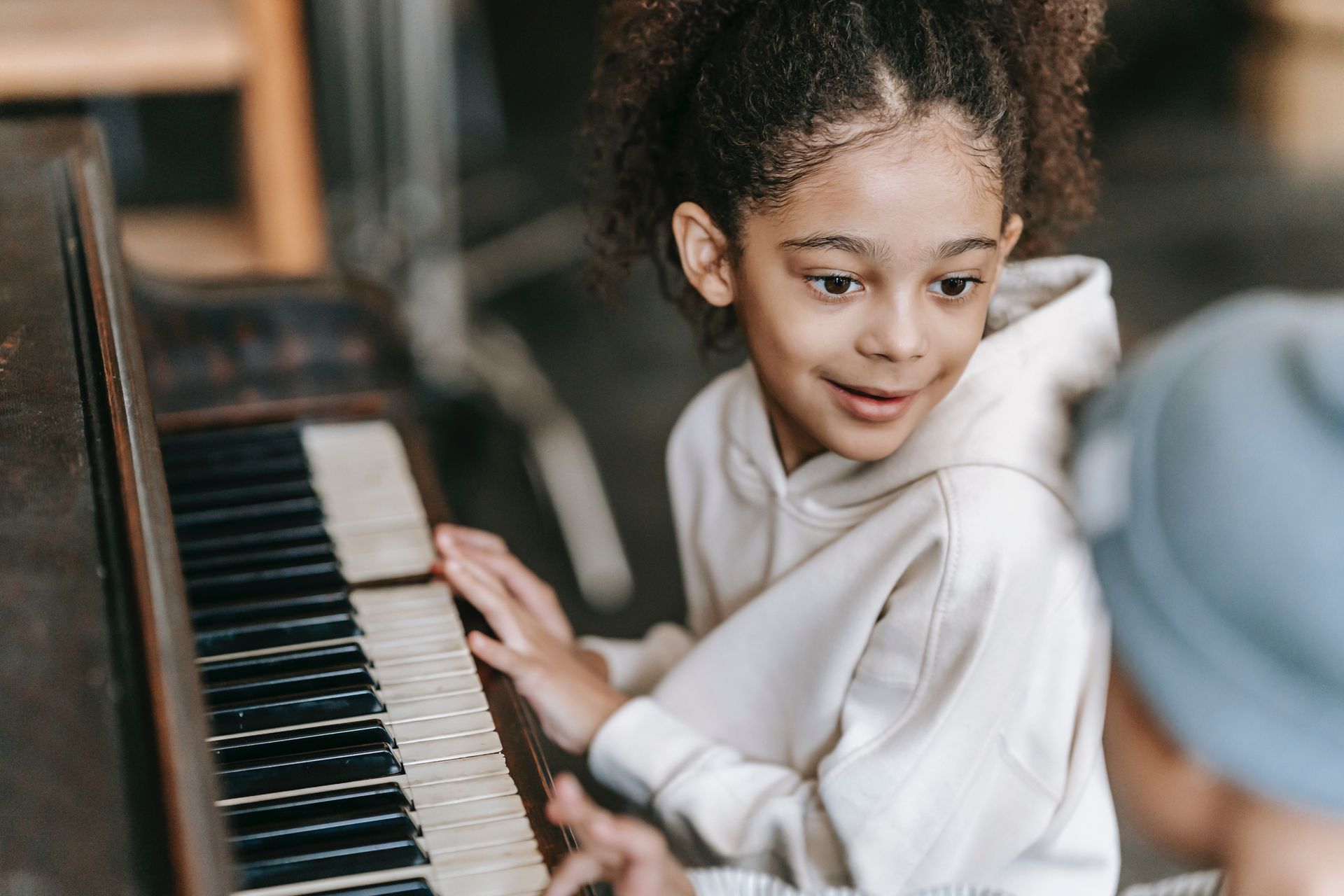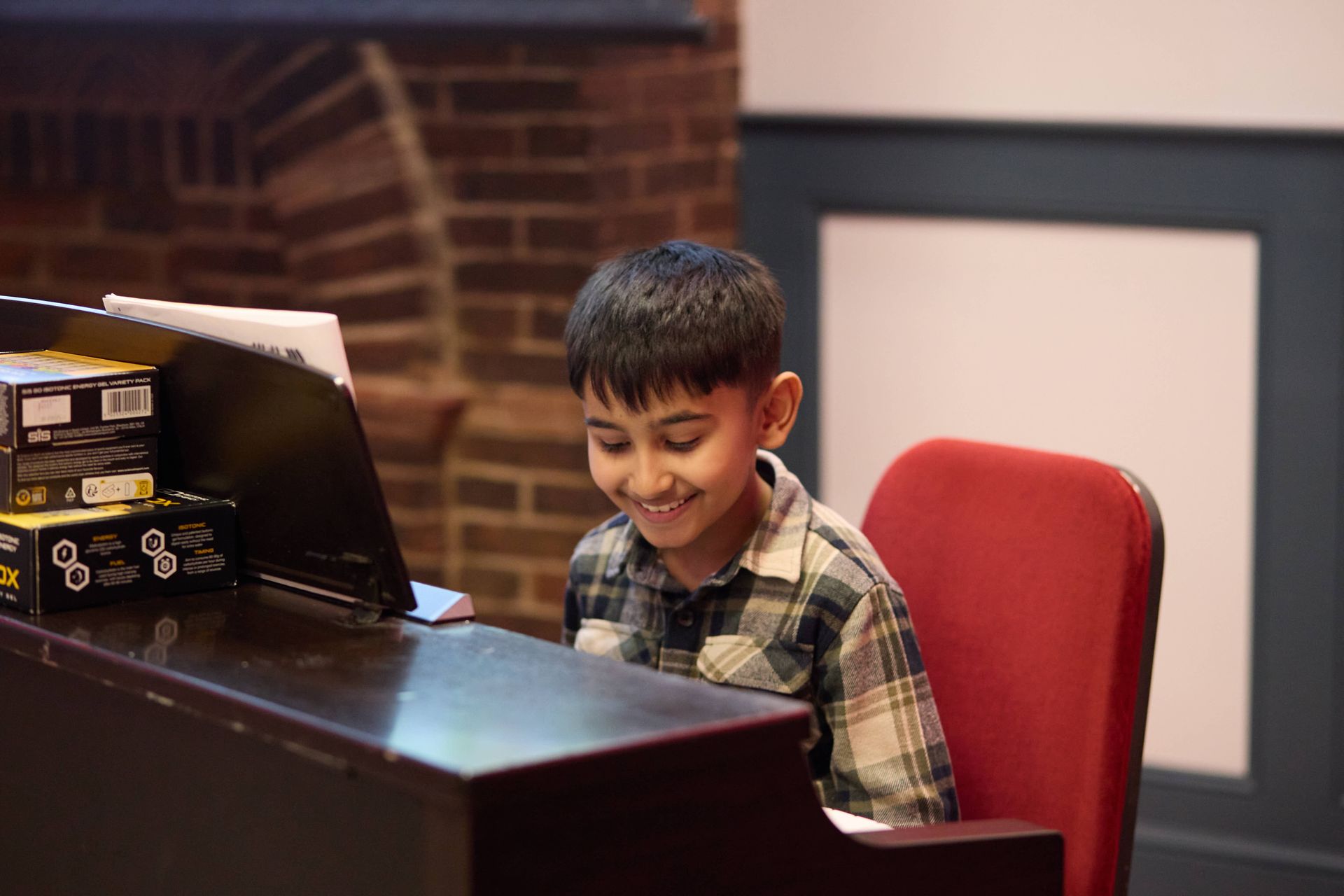How to Tell If Your Child is Progressing Well In Their Piano Lessons
As parents, it’s natural to wonder if your child is truly enjoying their piano lessons and moving in the right direction. The signs can be subtle, but once you know what to look for, it becomes much easier to support their musical journey with confidence.
1. Signs Your Child Is Enjoying Their Piano Lessons
Children show enthusiasm in many small but meaningful ways:
● They sit at the piano without being reminded.
● They talk about their teacher, lessons, or favourite pieces.
● They hum or sing their music around the house.
● They experiment, “noodle,” or make up their own tunes.
These are strong indicators that they feel good about their musical space.
If you’re unsure or notice enjoyment fluctuating, feel free to contact us. We can always help reignite interest or refresh their lessons.
2. Signs of Healthy Musical Progress
Progress doesn’t always look dramatic often, it’s steady and gradual.
Look for:
● Pieces sounding smoother week by week
● Increased accuracy and confidence
● The ability to spot and fix mistakes
● More use of musical expression (dynamics, phrasing, emotion)
Some families like to record a piece once a month to see growth. It's a lovely keepsake and a big motivator. But this is just one example; your child’s teacher may have a different method suited to their learning style.
3. When You Might Need to Look a Little Closer
Not every dip indicates a problem but some patterns can be worth exploring:
● Reluctance to practise over a long period
● Boredom that lingers, not just for a week
● Frustration with pieces that seems overwhelming
● Wanting to skip lessons repeatedly
These signs usually just mean a small adjustment is needed: a new piece, a different practice strategy, or a shift in pace. If you notice these happening, please reach out. We can help troubleshoot quickly, and often the solution is simple.
4. Ways to Support Enjoyment at Home
Your role at home is powerful and small actions make a big difference.
Try:
● Praising effort (“I love how you kept trying”), not just results
● Asking them to play a favourite section
● Keeping practice relaxed and predictable
● Making a positive space around the piano (no tension or pressure)
If you ever need personalised practice ideas, we’re always happy to help.
5. Stay Connected With Us
We want your child to thrive and feel proud of their progress.
You can always:
● Ask questions during lessons
● Send us a message between lessons
● Request guidance on practice expectations
● Check in if something doesn’t seem quite right
We’re on your team let us know how we can support your child’s musical journey.



